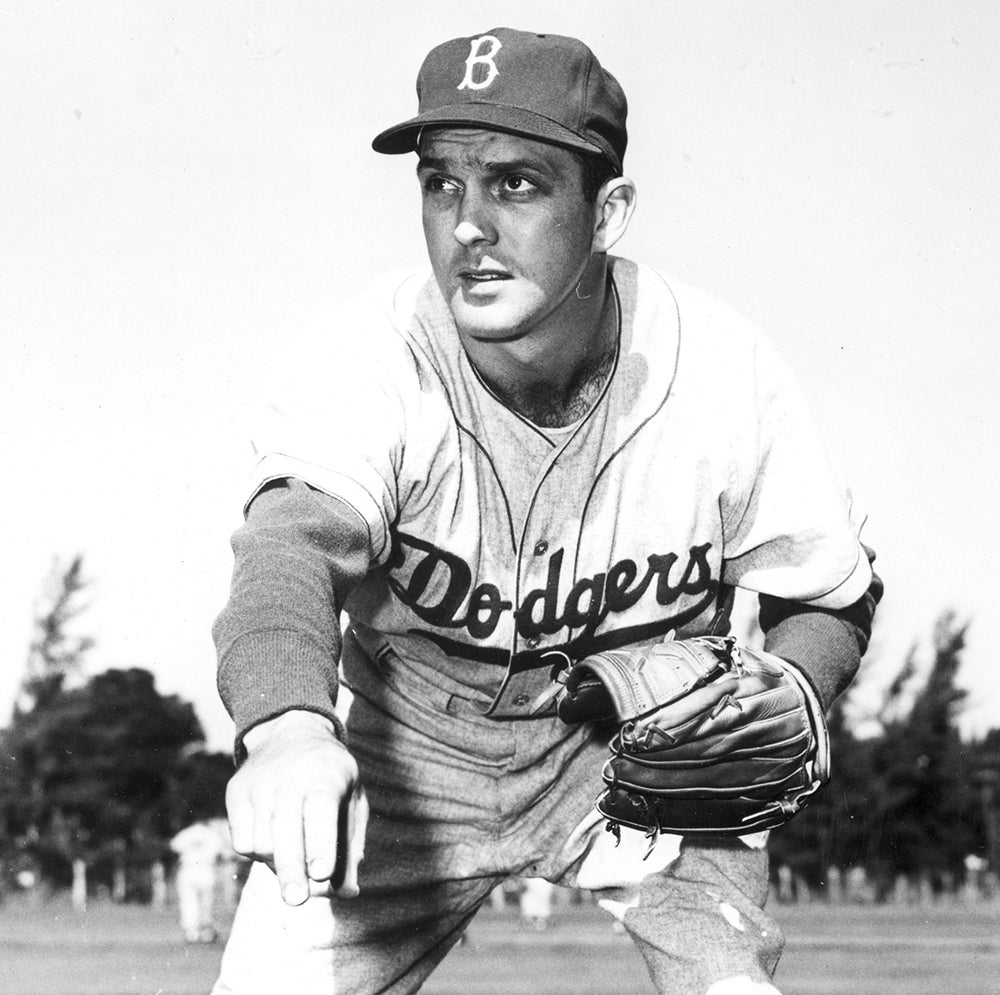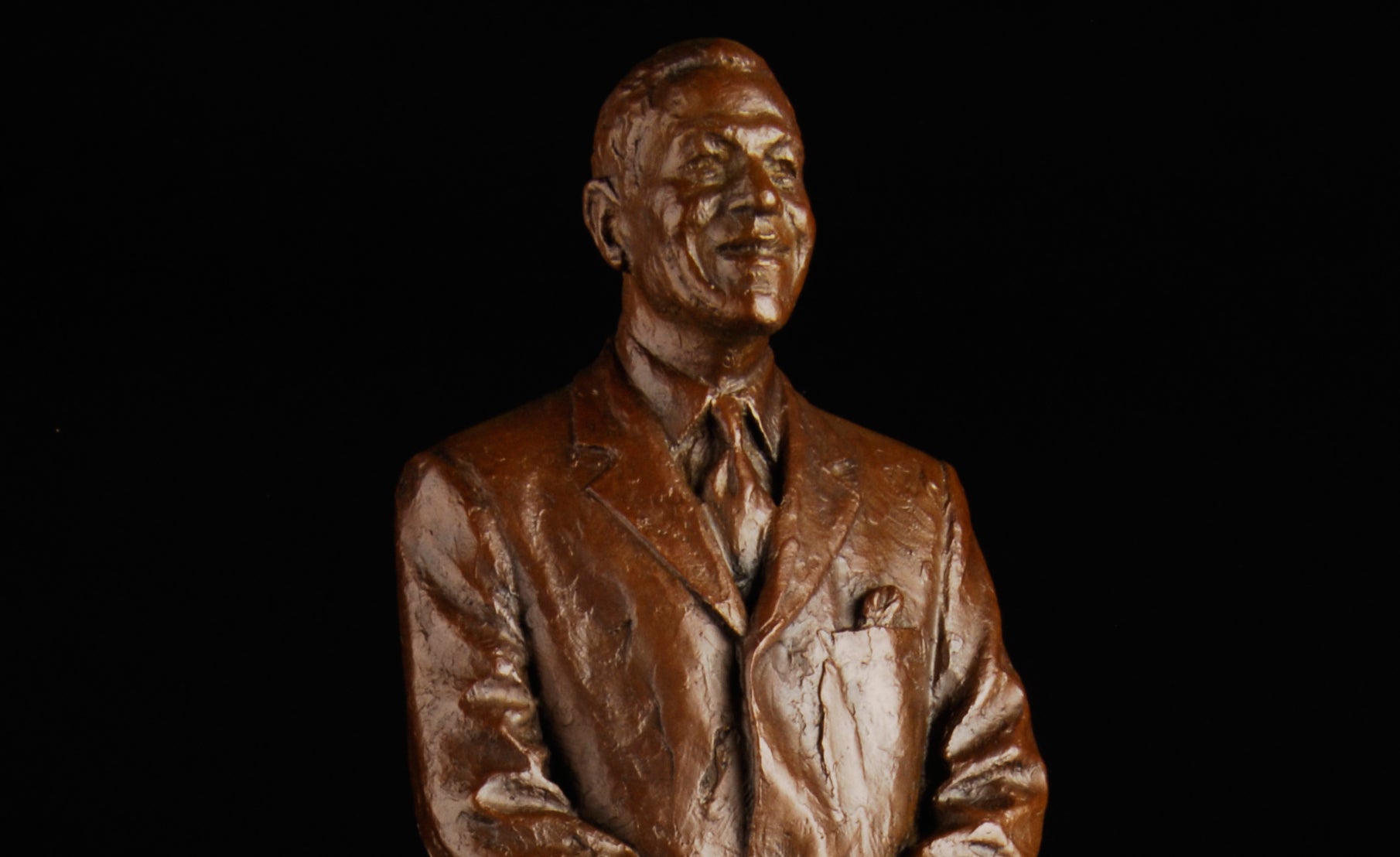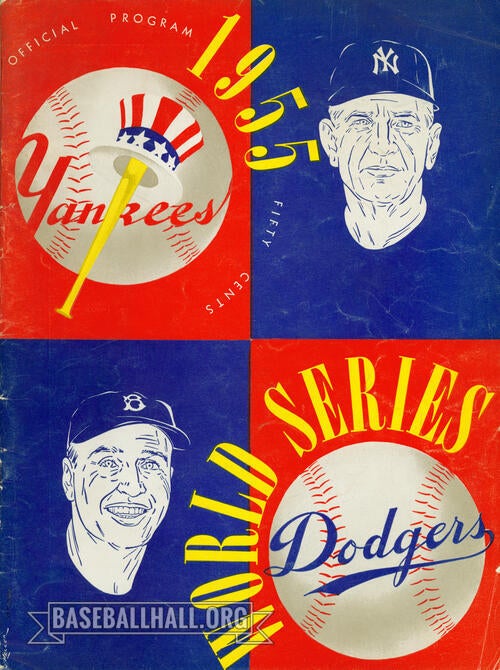Erskine remembered for remarkable life on and off the field
He was a beloved member of the Boys of Summer, a workhorse pitcher for the Brooklyn Dodgers teams whose heartbreaking defeats and glorious victories made them a national treasure.
But Carl Erskine was more than just a 20-game winner or a World Series record holder. For Erskine had a second act after his on-the-field career, one that brought him national respect for his unyielding support of those in need.
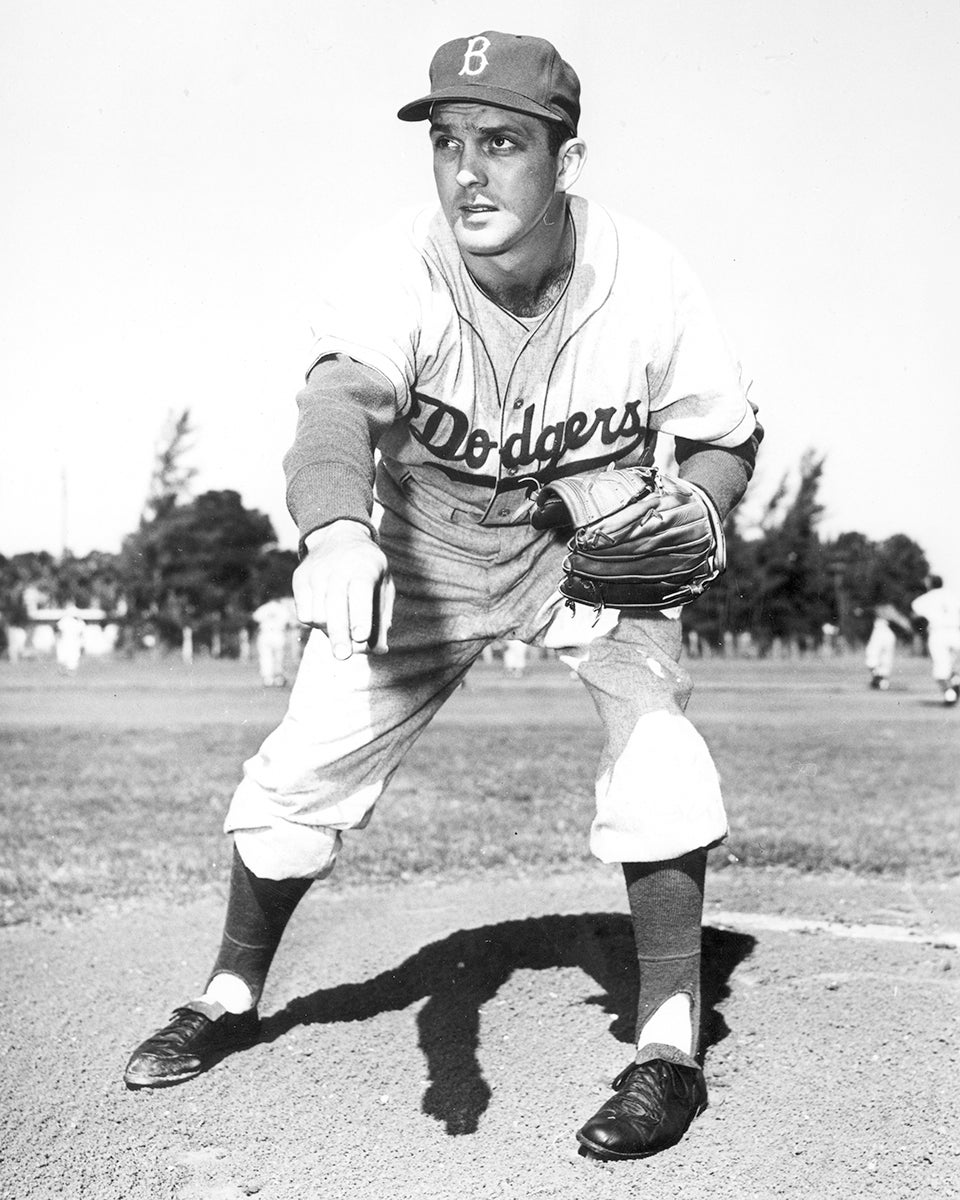
Erskine, the 2023 recipient of the National Baseball Hall of Fame and Museum’s Buck O’Neil Lifetime Achievement Award, passed away Tuesday, April 16, at the age of 97.
Born Dec. 13, 1926, in Anderson, Ind., Erskine was drafted into the Navy following his high school graduation in 1945. He played semipro ball throughout that summer and – with the end of World War II and the demobilization that followed – Erskine soon signed with the Brooklyn Dodgers.
After two seasons with Class B Danville and another partial campaign with Double-A Fort Worth, Erskine brought his signature overhand curveball to Brooklyn. He would battle shoulder pain in both 1948 and 1949 but still managed to win 14 games over those two seasons and pitch twice in the 1949 World Series.
By 1951, Erskine was a fixture in the Dodgers’ rotation and remained there for six seasons. His best year came in 1953 when he was 20-6 and set a new World Series record (since broken) by striking out 14 Yankees in Game 3 on Oct. 2. He had started Game 1 two days earlier but lasted only one inning, meaning he pitched his masterpiece working on one day of rest.
Erskine was often lauded for his ability to bring his teammates together – something not altogether common in an era where Black players were integrating the game for the first time since the 1880s.
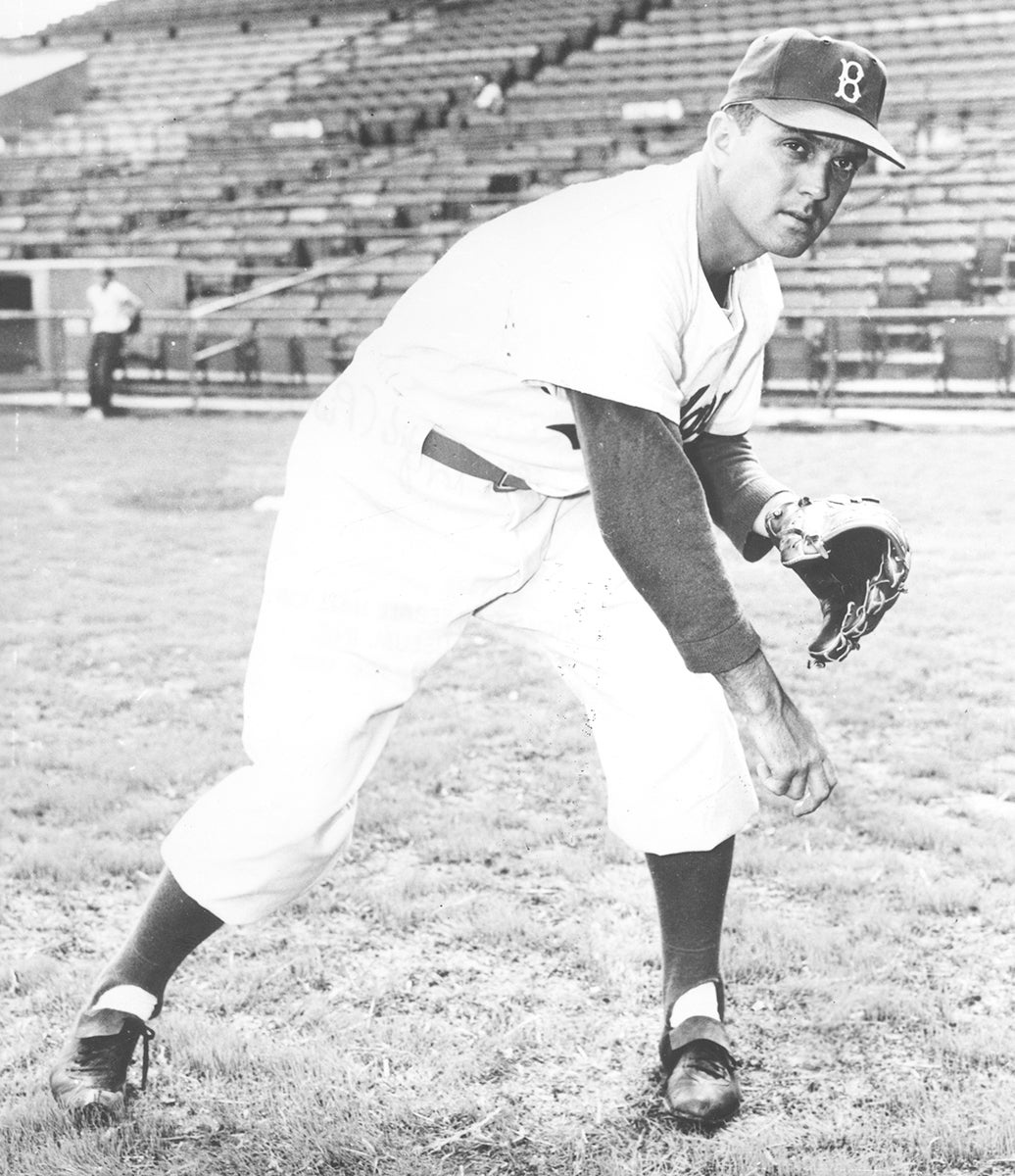
Erskine and the Dodgers won their elusive World Series title in 1955, with Erskine drawing the start in Game 4 and getting a no-decision in Brooklyn’s 8-5 win. He would pitch four more seasons in the big leagues, including part of the 1959 campaign where the Dodgers – now in Los Angeles – would win another World Series title.
Following his playing career, Erskine – who finished with a career record of 122-78, including two no-hitters – returned to Anderson, where he coached Anderson College for 12 seasons. It was in retirement that Erskine devoted his time to the Special Olympics, helping thousands of athletes including his son Jimmy, who was born with Down Syndrome.
Erskine’s goodwill knew no bounds, as he was a charter member of both the Fellowship of Christian Athletes and the Baseball Assistance Team.
Erskine was the sixth recipient of the O’Neil Award, which was first awarded to O’Neil in 2008 to recognize his extraordinary efforts to enhance baseball's positive impact on society.

